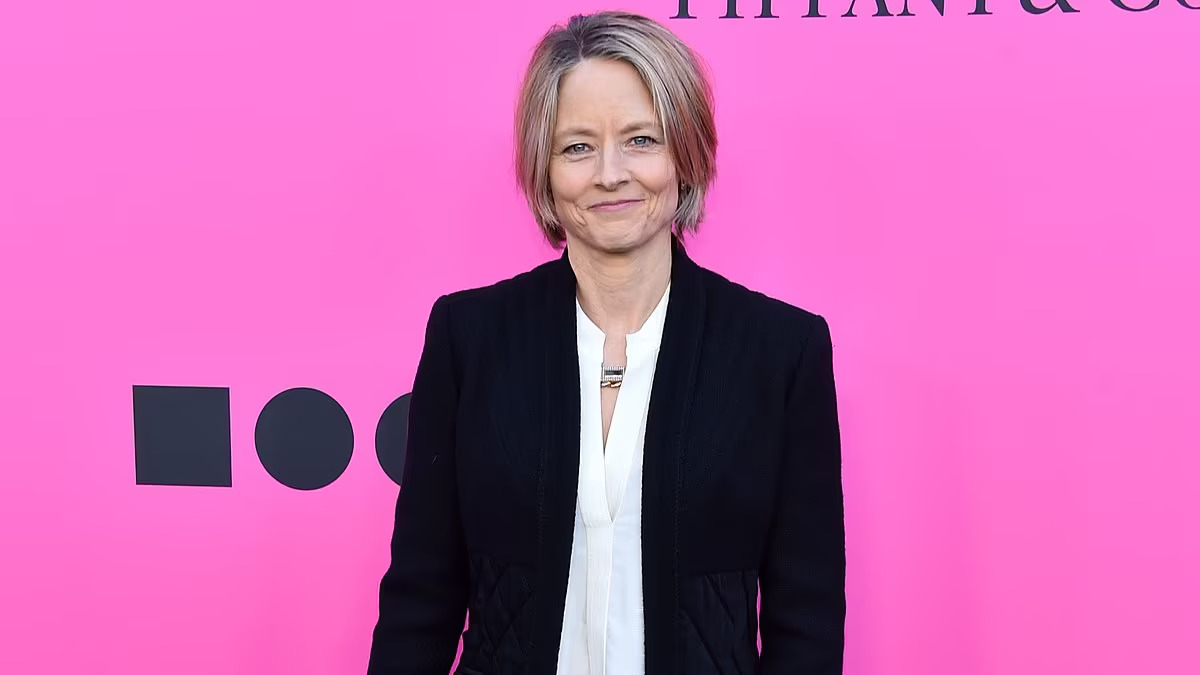In a recent interview with The Guardian, renowned actress Jodie Foster shared her candid views on the challenges of working with individuals from Generation Z in Hollywood, describing them as “really annoying” in the workplace. Despite her role in the upcoming fourth season of HBO’s “True Detective,” Foster acknowledged her commitment to supporting young talents in the industry but highlighted a perceived sense of entitlement among the younger generation.
Foster humorously remarked to the outlet about her observation that Gen Z individuals often neglect proper grammar when composing emails. The discussion on this topic emerged during Foster’s reflection on her friendship with rising star Bella Ramsey from “The Last of Us.” The 61-year-old actress emphasized the importance of mentoring younger actors and actresses, drawing from her own experiences as a young star navigating the industry.

Opening up about her outreach efforts to young actresses, Foster expressed empathy for Ramsey, particularly in the context of the latter’s public exploration of her sexuality. Ramsey had previously revealed to British Vogue that she identifies as “not 100% straight.” Foster, who is openly gay, acknowledged the need for a support system, recalling her own reliance on her mother during her formative years in the limelight.
In a separate interview with Style magazine Elle, Foster reiterated her deep concern for young actresses, expressing a “big soft spot” for those who, like her, navigated the challenges of the industry without a maternal figure.
While Foster has actively championed emerging talents, she did not shy away from critiquing certain behaviors and attitudes she finds bothersome among the new generation. She commented on what she perceives as their annoyance, particularly in the workplace, citing instances where they exhibit a lack of punctuality or disregard for proper grammar in professional communication.
Beyond her insights on Hollywood, Foster shared her experiences in parenting her two sons, Kit and Charles, aiming to guide them away from embracing toxic masculinity. Raised by two mothers, the boys faced unique challenges in understanding traditional gender roles. Foster disclosed that her sons, who deviate from stereotypical male interests, prefer movies to sports and maintain strong friendships with females. She recounted a moment when her older son grappled with societal expectations of masculinity but emphasized her commitment to steering him away from harmful stereotypes perpetuated by the culture.
Foster highlighted the importance of challenging societal norms and rejecting damaging notions of masculinity, underscoring her dedication to fostering a healthy and inclusive environment for her family.


